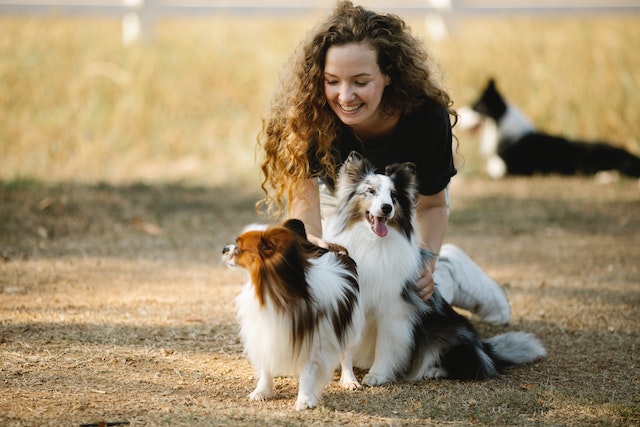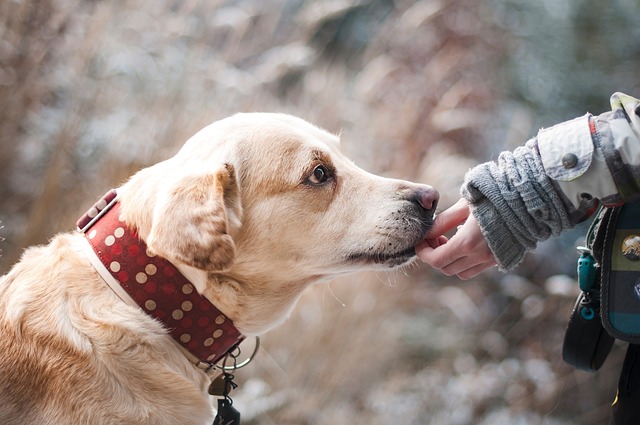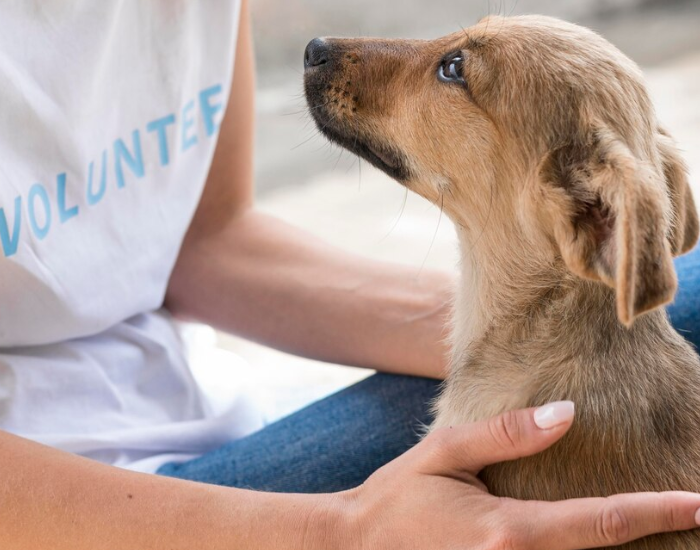Dogs have been known to bring immense joy and comfort to people of all ages and backgrounds, and are often used in therapy work to help alleviate symptoms of anxiety, depression, and other mental health conditions. However, not all dog breeds are suitable for this type of work, and it's important to choose the right dog breed for the job.
When it comes to therapy work, small dog breeds are often preferred because of their size, which makes them easier to handle and transport. However, there are several other factors to consider when choosing a small dog breed for therapy work. In this blog post, we will discuss the different factors to consider when choosing the perfect small dog breed for therapy work.
Temperament
One of the most important factors to consider when choosing a small dog breed for therapy work is their temperament. Therapy dogs need to be calm, gentle, and well-behaved around people, especially those who may be anxious or agitated. The ideal therapy dog should be friendly, patient, and affectionate, and should be comfortable around strangers, children, and other animals.
Some small dog breeds that are known for their calm and gentle temperament include the Cavalier King Charles Spaniel, the Bichon Frise, and the Pomeranian. These breeds are generally good with children and other pets, and are affectionate and playful.
Energy Level
Another important factor to consider when choosing a small dog breed for therapy work is their energy level. Therapy dogs need to be able to maintain a calm and relaxed demeanor for extended periods of time, which can be challenging for high-energy breeds.
Some small dog breeds that have a lower energy level and are well-suited for therapy work include the Shih Tzu, the Chihuahua, and the Maltese. These breeds are generally content with short walks and indoor playtime, and are happy to curl up on their owner's lap for a nap.
Trainability
Trainability is another important factor to consider when choosing a small dog breed for therapy work. Therapy dogs need to be well-trained and obedient, and should be able to follow commands and respond appropriately to different situations.
Some small dog breeds that are known for their trainability include the Poodle, the Yorkshire Terrier, and the Miniature Schnauzer. These breeds are intelligent and eager to please, and are generally easy to train with positive reinforcement methods.
Health and Grooming
When choosing a small dog breed for therapy work, it's important to consider their health and grooming needs. Therapy dogs need to be healthy and well-groomed in order to maintain their appearance and hygiene, and to prevent the spread of germs and bacteria.
Some small dog breeds that have low grooming needs include the Dachshund, the Beagle, and the French Bulldog. These breeds have short coats that require minimal grooming, and are generally healthy and free of major health issues.
Compatibility with the Handler
Finally, it's important to consider the compatibility between the handler and the small dog breed when choosing a therapy dog. The handler and the dog should have a strong bond and be able to work together effectively in order to provide the best possible therapy services.
By taking these factors into consideration, you can ensure that you choose the right small dog breed for therapy work, and that you and your therapy dog are able to provide the best possible service to those in need.
It's important to note that therapy dogs, regardless of breed, require extensive training and certification in order to be suitable for therapy work. Training typically involves basic obedience training, socialization, and specific training for therapy work, such as learning to remain calm in noisy or chaotic environments.
Additionally, therapy dogs must be well-behaved in public and should be comfortable around people of all ages, including children and the elderly. They must also be able to tolerate physical contact, such as being petted or hugged, without showing aggression or fear.
In the UK, therapy dogs are not recognized as a separate category of assistance animals, and are generally considered to fall under the category of assistance dogs. Assistance dogs, which include guide dogs, hearing dogs, and service dogs, are protected under the Equality Act 2010, which prohibits discrimination against people with disabilities.
However, it's important to note that not all landlords and rental properties are required to allow assistance animals. Landlords and property managers are required to make reasonable accommodations for tenants with disabilities, but may deny an assistance animal if it poses a threat to other tenants, causes damage to the property, or if it would cause undue hardship to the landlord.
Best Small Dog Breed For Therapy Work
If you're interested in finding the best small dog breed for therapy work, here are some top choices to consider:
1. Cavalier King Charles Spaniel: This gentle and affectionate breed is well-known for its friendliness and love of people. Cavaliers are often used as therapy dogs in hospitals, nursing homes, and schools due to their calm temperament and ability to comfort those in need.
2. Bichon Frise: These playful and social dogs are natural therapy dogs, as they love nothing more than being around people and making them happy. Bichons are often used in school and library programs, where they can help children feel more relaxed and confident while reading.
3. Pomeranian: These outgoing and friendly dogs make excellent therapy dogs due to their love of people and natural charm. Pomeranians are often used in hospitals and nursing homes, where they can provide comfort and emotional support to patients and residents.
4. Miniature Schnauzer: These intelligent and active dogs have a moderate energy level and love spending time with people. Miniature Schnauzers make great therapy dogs for seniors and children, as they are able to engage with people while also remaining calm and well-behaved.
5. Shih Tzu: These gentle and affectionate dogs are well-suited for therapy work due to their small size and calm demeanor. Shih Tzus are often used in hospitals and nursing homes, where they can provide comfort and emotional support to patients and residents.
In conclusion, choosing the perfect small dog breed for therapy work involves considering several factors, including temperament, energy level, trainability, health and grooming needs, and compatibility with the handler. It's important to remember that therapy dogs require extensive training and certification, and that not all landlords and rental properties are required to allow assistance animals.
By choosing the right small dog breed for therapy work, and providing the necessary training and support, you can help improve the lives of those in need, and make a positive impact in your community.












